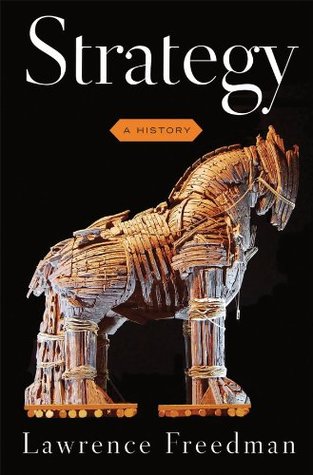More on this book
Community
Kindle Notes & Highlights
Machiavelli
Florentine bureaucrat, diplomat, political adviser, and practical philosopher.
handbook for rulers and asserted Machiavelli’s own qualifications to serve as an adviser at a time of great turbulen...
This highlight has been truncated due to consecutive passage length restrictions.
father of political science.
Not surprisingly, he also showed regard for deception, trickery, and espionage, the advantages that could come through being better informed than the enemy, and an occasionally stated preference for winning without battle if possible.
less about dealing with an external enemy and more about sustaining loyalty and commitment internally.
appeals to patriotism
Convincing the multitude was more difficult:
they had to be persuaded en masse. Because of this, “excellent captains need to be orators.” Speaking to the army “takes away fear, inflames spirits, increases obstinacy, uncovers deceptions, promises rewards, shows dangers and the way to flee them, fills with hope, praises, vituperates, and does all those things by which the human passion are extinguished or inflamed.
cynical advice on
men:
while you treat them well, they are yours. They would shed their blood for you, risk their property, their lives, their children, so long...
This highlight has been truncated due to consecutive passage length restrictions.
but when you are in danger they turn ...
This highlight has been truncated due to consecutive passage length restrictions.
One needed to be a fox “in order to recognize traps, and a lion to frighten off wolves.
It could be helpful to be seen to be harsh, for that helped maintain order, but not to be considered entirely without virtue.
“Everyone sees what you appear to be, few experience what you really are… The common people are always impressed by appearances and results.
to hold on to power it was necessary to reduce the reliance on harsh, cruel methods and to behave in more
avoid being hated and despised.
violence
should be inflicted once and for all, for “people will then forget what it tastes like and so be less resentful,
by contrast should be conferred gradually because “they ...
This highlight has been truncated due to consecutive passage length restrictions.
obtained by force and guile and consolidated with cruelty, it required consent to be secured.
The concept of free will raises questions about God’s role in human affairs.
“God made no absolute decrees about anything which he left in the power of men, for men have freedom of action.
Satan had worked out his preferred outcome before the debate had begun.
In short, when I’ve a smattering of elemental strategy You’ll
asked whether strategy existed before 1800.1
For that reason, generals had to be on the front line—or at least not too far behind—in order to adjust quickly to the changing fortunes of battle.
They dared not develop plans of an...
This highlight has been truncated due to consecutive passage length restrictions.
Prudence suggested concentrating on pushing enemies into positions where they would feel vulnerable or struggle to stay supplied.
the
Napoleon embodied a new way of fighting wars: a combination of individual genius and mass organization, and objectives far more ambi...
This highlight has been truncated due to consecutive passage length restrictions.
Baron Henri de Jomini and Carl von Clausewitz.
individual battles redrew the maps of Europe
battle of annihilation
The victor had to calculate whether sufficient damage had been done to convince the enemy to now negotiate sensibly.
This depended in part on what was at stake, as well as on whether the enemy had any capacity to fight back or else might be coerced through sieges and rampages through the countryside, which he was helpless to prevent.
The strategist came to be a distinctive professional offering specialist advice to elites, and strategy became a distinctive product reflecting the
start of the nineteenth century.
orderly organization and maneuver of troops.
“the science of military movements”
“the art of the general” or “the art of command.”


